#garbage henry
Explore tagged Tumblr posts
Text
source: bluesky | twitter
new post from tour de pizza - a video showing off, presumably, playable characters in woon, and some of their animations!
additionally, we now know all of their names! from left to right: the egg, garbage henry, wanana, bad dog, clownputer, blimpi, mr. smiles, and crazy chicken.
#woon#tour de pizza#blimpi#clownputer#crazy chicken#mr smiles#bad dog#wanana#garbage henry#the egg#woonposting#post one thousand of begging tumblr staff to fix embeds 😔
14 notes
·
View notes
Text

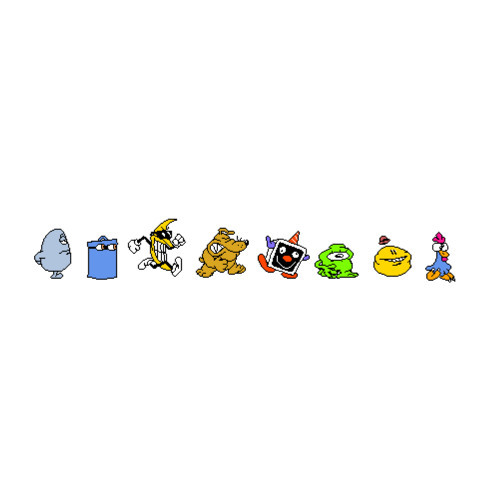
decided to recreate all the sprites from dark woon :3 (left is recreations, right is the track pic)

also decided to add some text :p
#woon#woon game#the egg#garbage henry#wanana#bad dog#clownputer#blimpi#mr. smiles#crazy chicken#pixel art#sprite recreation
3 notes
·
View notes
Text
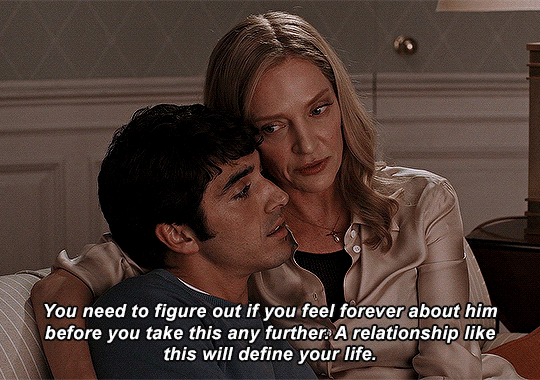
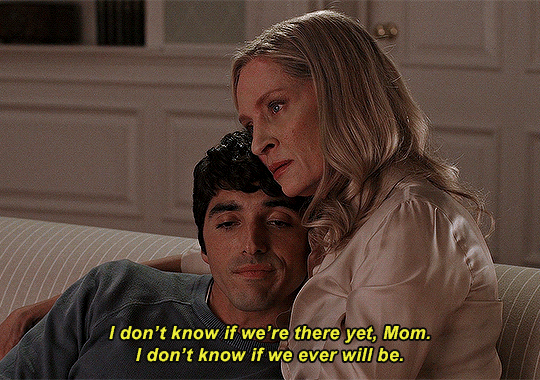


The moment of realization.
Red, White and Royal Blue (2023)
#red white and royal blue spoilers#red white and royal blue movie#red white and royal blue#rwrbsource#rwrb spoilers#rwrbedit#rwrb movie#rwrb#alex claremont diaz#henry fox mountchristen windsor#taylor zakhar perez#ellen claremont#nicholas galitzine#finchgif#firstprince#userbaz#useremi#usersmblmn#tuserella#i had edited the first two gifs perfectly but my ps nuked them for no reason and now they look like garbage :'(
5K notes
·
View notes
Text
#a minecraft movie#garrett the garbage man garrison#henry minecraft movie#natalie minecraft movie#steve x garrett#steve x garret#brokenpickaxe#man sandwich#garbagemine
220 notes
·
View notes
Text
Minecraft movie quotes but Steve uses them after he goes home :P
.

Garret can’t cook for crap

*starts to destroy theater property and throws food everywhere*

He’s saying diamond armor full set!

He’s peckish :3
#artwork#drawing#traditional art#art#artists on tumblr#illistration#sketch#illustration#minecraft#minecraft movie#minecraft movie steve#minecraft steve#Gary the garbage man#minecraft garrett#minecraft movie fanart#minecraft fanart#minecraft fandom#brokenpickaxe#steve x garret#minecraft movie Henry#minecraft movie dawn#garret x steve#brokenpickaxe fanart#no Ai art#chicken jocky#a minecraft movie#a minecraft movie fanart#garrett garrison
148 notes
·
View notes
Text
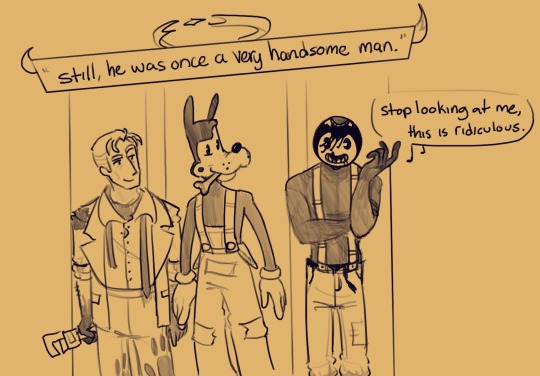
im struggling to balance writing and doodling but im managing nonetheless
also!! i just finished writing myself a little list of events that will happen for the last half of the au, so everythings basically plotted out i just gotta take the time to write it coherently. pray for me
the first half i got to fuck around but now ive gotta take it seriously, so sad </3 but its okay cause once its over i can just doodle silly things about everything and even redraw some of my old concepts
double also... i mightve had an idea a while ago for a small spinoff... i might talk more about it another time...
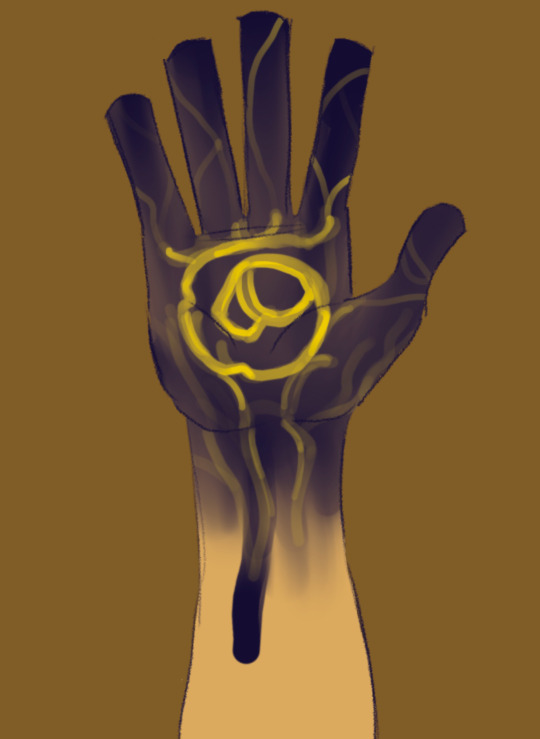
oh and heres a scuffed reference i made a little while ago for Henry's ability if anyone wanted to know what it looks like as of chapter 6
#bendy#bendy and the ink machine#bendy and the ink machine fanart#batim#batim fanart#bendy and the dark revival#bendy and the dark revival fanart#batdr#batdr fanart#bendy au#batim au#batdr au#henry stein#sammy lawrence#buddy boris#twisted alice#cycle 360 au#im so excited to keep writing#ive been procrasting but i swear ill do it!!#also chapter 7 is already written im just waiting for my buddies to read it first#so that im not delivering you guys a steamy bowl of garbage
774 notes
·
View notes
Text




some minecraft movie doodles because my artblock has vanished
#my art :-]#a minecraft movie#minecraft movie#garrett garrison#garrett the garbage man garrison#dawn runcie#dawn minecraft movie#natalie minecraft movie#henry minecraft movie#i refuse to draw whatever is on garrett's shirt#also second image not intended to be ship art jic- dawn is henry and natalie's godmother in my rewrite#the second one is so rewrite reliant because i could fix this stupid stupid movie if i tried hard enough#they all mean so much to me
73 notes
·
View notes
Text
Highschool comic

Steve x Garrett Highschool AU +henry’s mom
Garrett: hey
Henry’s mom: hm?
Garrett: look at this loser
~
Henry’s mom: you can't just call someone a loser Garrett
Garrett: just look
~
Henry’s mom: oh wow
Teacher: you can't have a pickaxe at school Steve
#this is so silly#drew this at work#the minecraft movie#steve minecraft movie#a minecraft movie#highschool au#henry and natalie's mom#garrett the garbage man garrison#steve x garrett#garrett x steve#brokenpickaxe#brokenpickaxe hs ua#minecraft movie fanart#murogpost#murogfanart
47 notes
·
View notes
Text
The surprising truth about data-driven dictatorships
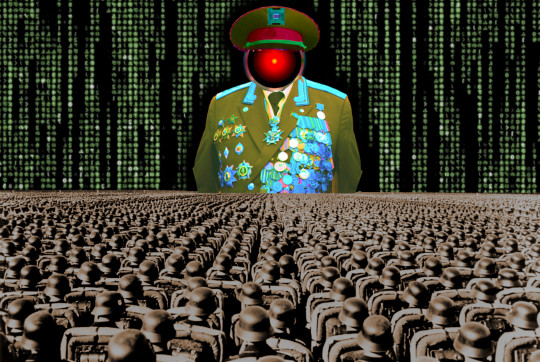
Here’s the “dictator’s dilemma”: they want to block their country’s frustrated elites from mobilizing against them, so they censor public communications; but they also want to know what their people truly believe, so they can head off simmering resentments before they boil over into regime-toppling revolutions.
These two strategies are in tension: the more you censor, the less you know about the true feelings of your citizens and the easier it will be to miss serious problems until they spill over into the streets (think: the fall of the Berlin Wall or Tunisia before the Arab Spring). Dictators try to square this circle with things like private opinion polling or petition systems, but these capture a small slice of the potentially destabiziling moods circulating in the body politic.
Enter AI: back in 2018, Yuval Harari proposed that AI would supercharge dictatorships by mining and summarizing the public mood — as captured on social media — allowing dictators to tack into serious discontent and diffuse it before it erupted into unequenchable wildfire:
https://www.theatlantic.com/magazine/archive/2018/10/yuval-noah-harari-technology-tyranny/568330/
Harari wrote that “the desire to concentrate all information and power in one place may become [dictators] decisive advantage in the 21st century.” But other political scientists sharply disagreed. Last year, Henry Farrell, Jeremy Wallace and Abraham Newman published a thoroughgoing rebuttal to Harari in Foreign Affairs:
https://www.foreignaffairs.com/world/spirals-delusion-artificial-intelligence-decision-making
They argued that — like everyone who gets excited about AI, only to have their hopes dashed — dictators seeking to use AI to understand the public mood would run into serious training data bias problems. After all, people living under dictatorships know that spouting off about their discontent and desire for change is a risky business, so they will self-censor on social media. That’s true even if a person isn’t afraid of retaliation: if you know that using certain words or phrases in a post will get it autoblocked by a censorbot, what’s the point of trying to use those words?
The phrase “Garbage In, Garbage Out” dates back to 1957. That’s how long we’ve known that a computer that operates on bad data will barf up bad conclusions. But this is a very inconvenient truth for AI weirdos: having given up on manually assembling training data based on careful human judgment with multiple review steps, the AI industry “pivoted” to mass ingestion of scraped data from the whole internet.
But adding more unreliable data to an unreliable dataset doesn’t improve its reliability. GIGO is the iron law of computing, and you can’t repeal it by shoveling more garbage into the top of the training funnel:
https://memex.craphound.com/2018/05/29/garbage-in-garbage-out-machine-learning-has-not-repealed-the-iron-law-of-computer-science/
When it comes to “AI” that’s used for decision support — that is, when an algorithm tells humans what to do and they do it — then you get something worse than Garbage In, Garbage Out — you get Garbage In, Garbage Out, Garbage Back In Again. That’s when the AI spits out something wrong, and then another AI sucks up that wrong conclusion and uses it to generate more conclusions.
To see this in action, consider the deeply flawed predictive policing systems that cities around the world rely on. These systems suck up crime data from the cops, then predict where crime is going to be, and send cops to those “hotspots” to do things like throw Black kids up against a wall and make them turn out their pockets, or pull over drivers and search their cars after pretending to have smelled cannabis.
The problem here is that “crime the police detected” isn’t the same as “crime.” You only find crime where you look for it. For example, there are far more incidents of domestic abuse reported in apartment buildings than in fully detached homes. That’s not because apartment dwellers are more likely to be wife-beaters: it’s because domestic abuse is most often reported by a neighbor who hears it through the walls.
So if your cops practice racially biased policing (I know, this is hard to imagine, but stay with me /s), then the crime they detect will already be a function of bias. If you only ever throw Black kids up against a wall and turn out their pockets, then every knife and dime-bag you find in someone’s pockets will come from some Black kid the cops decided to harass.
That’s life without AI. But now let’s throw in predictive policing: feed your “knives found in pockets” data to an algorithm and ask it to predict where there are more knives in pockets, and it will send you back to that Black neighborhood and tell you do throw even more Black kids up against a wall and search their pockets. The more you do this, the more knives you’ll find, and the more you’ll go back and do it again.
This is what Patrick Ball from the Human Rights Data Analysis Group calls “empiricism washing”: take a biased procedure and feed it to an algorithm, and then you get to go and do more biased procedures, and whenever anyone accuses you of bias, you can insist that you’re just following an empirical conclusion of a neutral algorithm, because “math can’t be racist.”
HRDAG has done excellent work on this, finding a natural experiment that makes the problem of GIGOGBI crystal clear. The National Survey On Drug Use and Health produces the gold standard snapshot of drug use in America. Kristian Lum and William Isaac took Oakland’s drug arrest data from 2010 and asked Predpol, a leading predictive policing product, to predict where Oakland’s 2011 drug use would take place.
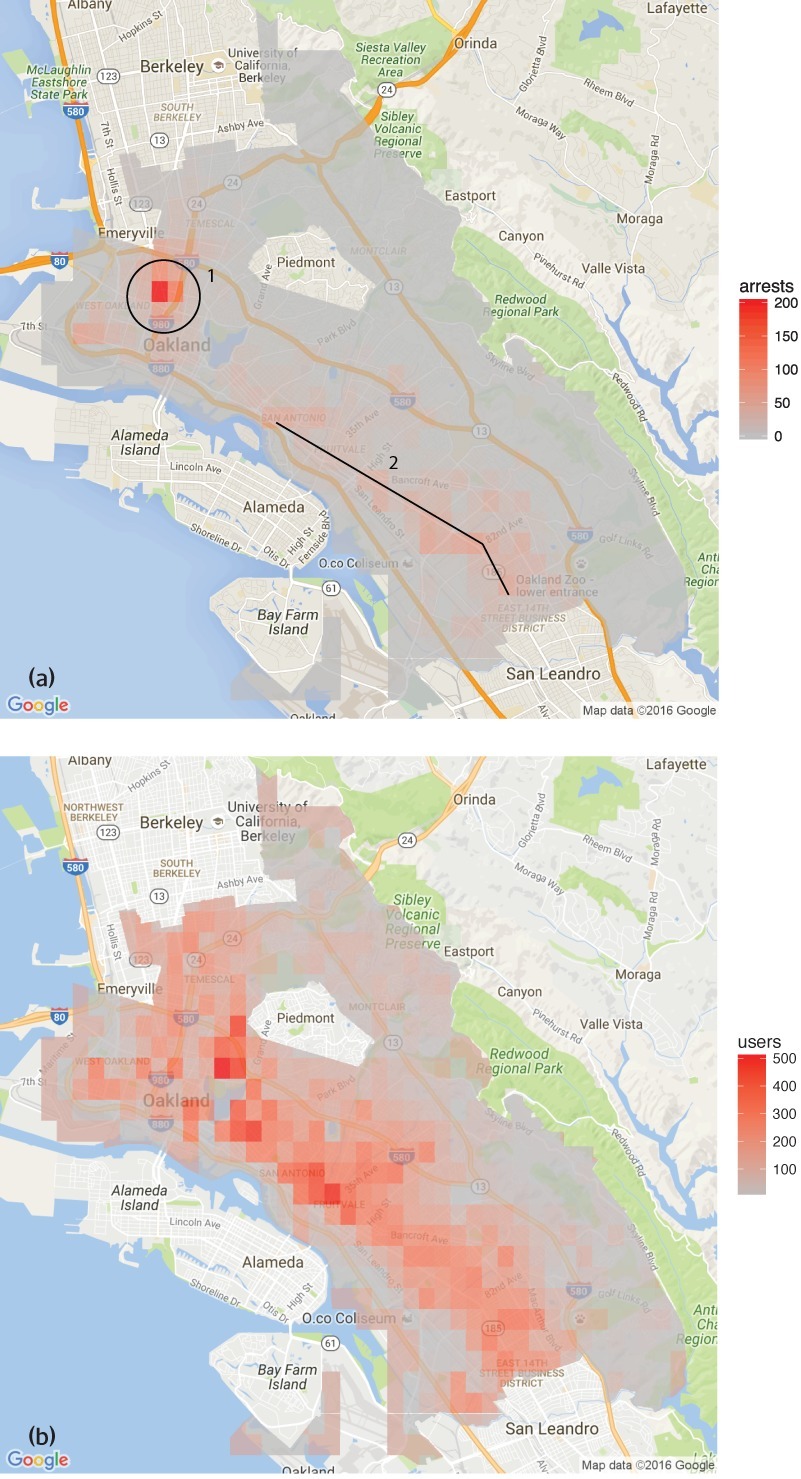
[Image ID: (a) Number of drug arrests made by Oakland police department, 2010. (1) West Oakland, (2) International Boulevard. (b) Estimated number of drug users, based on 2011 National Survey on Drug Use and Health]
Then, they compared those predictions to the outcomes of the 2011 survey, which shows where actual drug use took place. The two maps couldn’t be more different:
https://rss.onlinelibrary.wiley.com/doi/full/10.1111/j.1740-9713.2016.00960.x
Predpol told cops to go and look for drug use in a predominantly Black, working class neighborhood. Meanwhile the NSDUH survey showed the actual drug use took place all over Oakland, with a higher concentration in the Berkeley-neighboring student neighborhood.
What’s even more vivid is what happens when you simulate running Predpol on the new arrest data that would be generated by cops following its recommendations. If the cops went to that Black neighborhood and found more drugs there and told Predpol about it, the recommendation gets stronger and more confident.
In other words, GIGOGBI is a system for concentrating bias. Even trace amounts of bias in the original training data get refined and magnified when they are output though a decision support system that directs humans to go an act on that output. Algorithms are to bias what centrifuges are to radioactive ore: a way to turn minute amounts of bias into pluripotent, indestructible toxic waste.
There’s a great name for an AI that’s trained on an AI’s output, courtesy of Jathan Sadowski: “Habsburg AI.”
And that brings me back to the Dictator’s Dilemma. If your citizens are self-censoring in order to avoid retaliation or algorithmic shadowbanning, then the AI you train on their posts in order to find out what they’re really thinking will steer you in the opposite direction, so you make bad policies that make people angrier and destabilize things more.
Or at least, that was Farrell(et al)’s theory. And for many years, that’s where the debate over AI and dictatorship has stalled: theory vs theory. But now, there’s some empirical data on this, thanks to the “The Digital Dictator’s Dilemma,” a new paper from UCSD PhD candidate Eddie Yang:
https://www.eddieyang.net/research/DDD.pdf
Yang figured out a way to test these dueling hypotheses. He got 10 million Chinese social media posts from the start of the pandemic, before companies like Weibo were required to censor certain pandemic-related posts as politically sensitive. Yang treats these posts as a robust snapshot of public opinion: because there was no censorship of pandemic-related chatter, Chinese users were free to post anything they wanted without having to self-censor for fear of retaliation or deletion.
Next, Yang acquired the censorship model used by a real Chinese social media company to decide which posts should be blocked. Using this, he was able to determine which of the posts in the original set would be censored today in China.
That means that Yang knows that the “real” sentiment in the Chinese social media snapshot is, and what Chinese authorities would believe it to be if Chinese users were self-censoring all the posts that would be flagged by censorware today.
From here, Yang was able to play with the knobs, and determine how “preference-falsification” (when users lie about their feelings) and self-censorship would give a dictatorship a misleading view of public sentiment. What he finds is that the more repressive a regime is — the more people are incentivized to falsify or censor their views — the worse the system gets at uncovering the true public mood.
What’s more, adding additional (bad) data to the system doesn’t fix this “missing data” problem. GIGO remains an iron law of computing in this context, too.
But it gets better (or worse, I guess): Yang models a “crisis” scenario in which users stop self-censoring and start articulating their true views (because they’ve run out of fucks to give). This is the most dangerous moment for a dictator, and depending on the dictatorship handles it, they either get another decade or rule, or they wake up with guillotines on their lawns.
But “crisis” is where AI performs the worst. Trained on the “status quo” data where users are continuously self-censoring and preference-falsifying, AI has no clue how to handle the unvarnished truth. Both its recommendations about what to censor and its summaries of public sentiment are the least accurate when crisis erupts.
But here’s an interesting wrinkle: Yang scraped a bunch of Chinese users’ posts from Twitter — which the Chinese government doesn’t get to censor (yet) or spy on (yet) — and fed them to the model. He hypothesized that when Chinese users post to American social media, they don’t self-censor or preference-falsify, so this data should help the model improve its accuracy.
He was right — the model got significantly better once it ingested data from Twitter than when it was working solely from Weibo posts. And Yang notes that dictatorships all over the world are widely understood to be scraping western/northern social media.
But even though Twitter data improved the model’s accuracy, it was still wildly inaccurate, compared to the same model trained on a full set of un-self-censored, un-falsified data. GIGO is not an option, it’s the law (of computing).
Writing about the study on Crooked Timber, Farrell notes that as the world fills up with “garbage and noise” (he invokes Philip K Dick’s delighted coinage “gubbish”), “approximately correct knowledge becomes the scarce and valuable resource.”
https://crookedtimber.org/2023/07/25/51610/
This “probably approximately correct knowledge” comes from humans, not LLMs or AI, and so “the social applications of machine learning in non-authoritarian societies are just as parasitic on these forms of human knowledge production as authoritarian governments.”

The Clarion Science Fiction and Fantasy Writers’ Workshop summer fundraiser is almost over! I am an alum, instructor and volunteer board member for this nonprofit workshop whose alums include Octavia Butler, Kim Stanley Robinson, Bruce Sterling, Nalo Hopkinson, Kameron Hurley, Nnedi Okorafor, Lucius Shepard, and Ted Chiang! Your donations will help us subsidize tuition for students, making Clarion — and sf/f — more accessible for all kinds of writers.

Libro.fm is the indie-bookstore-friendly, DRM-free audiobook alternative to Audible, the Amazon-owned monopolist that locks every book you buy to Amazon forever. When you buy a book on Libro, they share some of the purchase price with a local indie bookstore of your choosing (Libro is the best partner I have in selling my own DRM-free audiobooks!). As of today, Libro is even better, because it’s available in five new territories and currencies: Canada, the UK, the EU, Australia and New Zealand!

[Image ID: An altered image of the Nuremberg rally, with ranked lines of soldiers facing a towering figure in a many-ribboned soldier's coat. He wears a high-peaked cap with a microchip in place of insignia. His head has been replaced with the menacing red eye of HAL9000 from Stanley Kubrick's '2001: A Space Odyssey.' The sky behind him is filled with a 'code waterfall' from 'The Matrix.']

Image: Cryteria (modified) https://commons.wikimedia.org/wiki/File:HAL9000.svg
CC BY 3.0 https://creativecommons.org/licenses/by/3.0/deed.en
—
Raimond Spekking (modified) https://commons.wikimedia.org/wiki/File:Acer_Extensa_5220_-_Columbia_MB_06236-1N_-_Intel_Celeron_M_530_-_SLA2G_-_in_Socket_479-5029.jpg
CC BY-SA 4.0 https://creativecommons.org/licenses/by-sa/4.0/deed.en
—
Russian Airborne Troops (modified) https://commons.wikimedia.org/wiki/File:Vladislav_Achalov_at_the_Airborne_Troops_Day_in_Moscow_%E2%80%93_August_2,_2008.jpg
“Soldiers of Russia” Cultural Center (modified) https://commons.wikimedia.org/wiki/File:Col._Leonid_Khabarov_in_an_everyday_service_uniform.JPG
CC BY-SA 3.0 https://creativecommons.org/licenses/by-sa/3.0/deed.en
#pluralistic#habsburg ai#self censorship#henry farrell#digital dictatorships#machine learning#dictator's dilemma#eddie yang#preference falsification#political science#training bias#scholarship#spirals of delusion#algorithmic bias#ml#Fully automated data driven authoritarianism#authoritarianism#gigo#garbage in garbage out garbage back in#gigogbi#yuval noah harari#gubbish#pkd#philip k dick#phildickian
833 notes
·
View notes
Text
i miss you garrett the garbage man garrison

#got. bored and drew him lots#and henry#first time ive drawn a minecraft movie character that isnt steve or garrett#so. Yayy#(im not happy with how he looks it was rushed)#anyways bottom right inspired by. father to son from falsettos#i realised half way through drawing that it looked like one photo of marvin and jason#minecraft movie#minecraft#garrett garrison#garrett the garbage man garrison#henry minecraft movie
35 notes
·
View notes
Text

source: twitter | bsky
you got the whole squad laughing
#woon#crazy chicken#mr smiles#blimpi#clownputer#bad dog#wanana#garbage henry#the egg#woonposting#i love this#but it's also slightly intimidating. like when you say something mildly embarrassing and everyone laughs at you LOL#feels good to be settled and able to woonpost again. woon-hoo!
3 notes
·
View notes
Text
saw the Minecraft movie again today and I can confirm I have a fixation on Garrett. oops.
LOOK. HES JUST. such a loser. he's literally a boyfailure. and he's just captured me. I think I really enjoy his type of character? the sort of 'failing completely at life but using his over confidence to mask it all' thing he's got going on. idk man idk.
also the pink jacket. also why are his shoes tied like that.
#also theres definitely tape on one of his shoes im so sure of it#he has EYELINER and DUMB GLASSES. like CMON.#hes SOOO LAME but i LOVE HIM.#Steve calling Henry Hank because its what Garrett was calling him.#i noticed on my second watch through and LFXKGHKCCLH???#and Steve only correcting the name when he heard Natalie say it... yeah.#anyway i have a fic idea since im still coming off of my smash era. yeah mhm.#a minecraft movie#garrett garrison#garrett garbage man#< can i use this tag for him? yes? okay thank you
33 notes
·
View notes
Text
Hey, when im reading fanfic i like to screenshot some parts, for no reason at all, so now im gonna rummage through it and comment ⬇️

my fav 40-smth loser & slut

UGH SO CUTE i wish he was my uncle irl

That my favorite term from a lot of times, like, caiu a ficha q ele è um fracassadokkkk

Loser card lol. Expected more of you Gar-gar😔/j
#garrett “the garbage man” garrett#garrett minecraft#garrett garrison#minecraft movie#a minecraft movie#henry minecraft movie#ao3 fanfic#minecraft fanfiction#losercore
25 notes
·
View notes
Text

i know this is super late, but happy pride!! hope you all are continuing to have a fantastic month.
i originally drew this as a scene from one of my brokenpickaxe dreams and reblogged it under a post, but i tweaked a few things to fit my headcanons :D
#pride month#a minecraft movie#steve x garrett#brokenpickaxe#garbagemine#man sandwich#minecraft yaoi#steve minecraft#garrett the garbage man garrison#henry minecraft movie#kenny’s art
22 notes
·
View notes
Text
A Minecraft Movie version of a TikTok meme!
#a minecraft movie#malgosha#minecraft#minecraft movie#Steve Minecraft#garrett the garbage man garrison#Natalie Minecraft#Henry Minecraft#Dawn Minecraft#General Chungus
17 notes
·
View notes
Text
Seeing someone argue that we shouldn't celebrate any booktok authors or buy their books because they didn't work as hard as "real" authors and like??? I'm really sorry to tell you this, but you don't live in a world where working really hard guarantees you're going to make any good art. Cormac McCarthy turned out 'The Road' in six weeks and won a Pulitzer. Meanwhile the guy who made "Joshua and the Promised Land" took a decade, and that shit sucked.
Like I hate to be the one to break this to you Ayn Rand, but there is no category of art that is 100% good and therefore owed success and recognition or is guaranteed to increase your intelligence or enhance the lived experience of the person reading it. You can't dictate the tastes of others or assert yourself as above their tastes when they don't align with what you value. You can't really even categorize good and bad art based on author since an author can write one good book and then turn around and write a bad one (see Steven King). You're going to have to engage with each piece of art on an individual level and see how it speaks to your soul - rather than trying to make broad sweeping statements of "this category of art is intrinsically not good." You're not going to be able to define art you don't like out of art—the same way you can't meaningfully define a chair without including some non chair thing. Sorry, I'm so sorry. Very sorry. I know this is upsetting to hear.
#Also you all need to google objectivism and study why it's a bogus ideology#you guys are making me defend tiktok again I don't even like tiktok#I just can't with the Jordan Peterson talking points#“if you like garbage don't try to say its high art or it's on the same level as my art”#Henry Ford to Jazz Musicians
42 notes
·
View notes